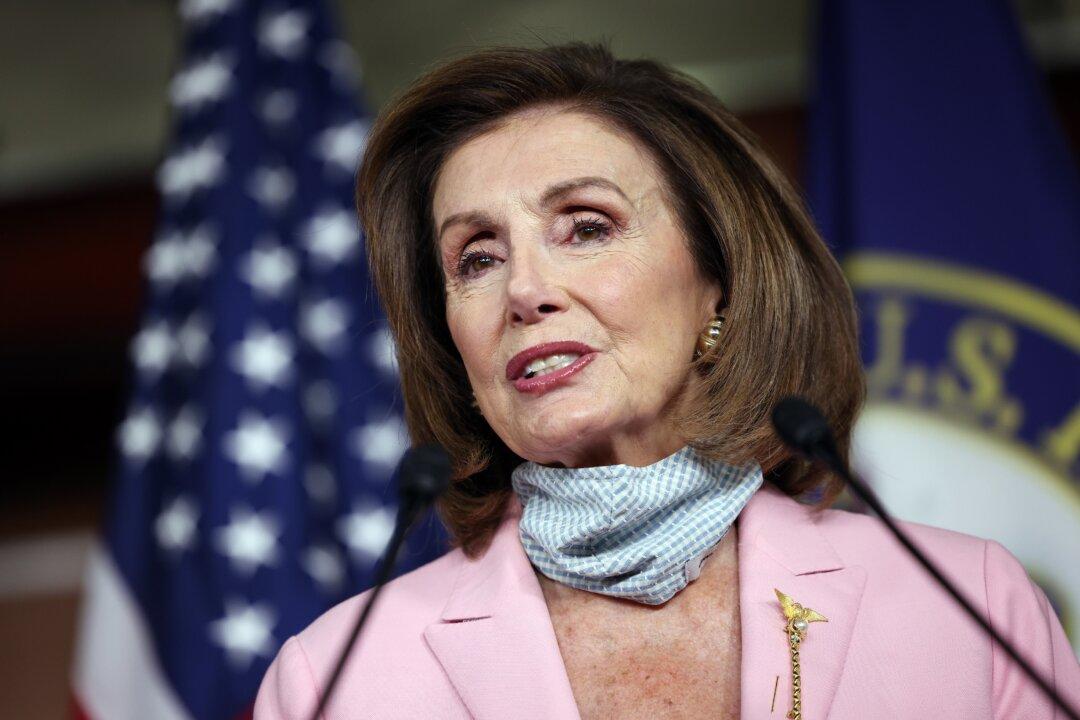House Speaker Nancy Pelosi (D-Calif.) said on Sunday that President Joe Biden’s $3.5 trillion spending bill, dubbed the “Build Back Better Act,” which is scheduled for a vote on Thursday, will likely be scaled back.
It “seems self-evident” that the reconciliation bill price tag will be smaller than the original proposal of $3.5 trillion, the California Democrat said during an appearance on ABC’s This Week.





